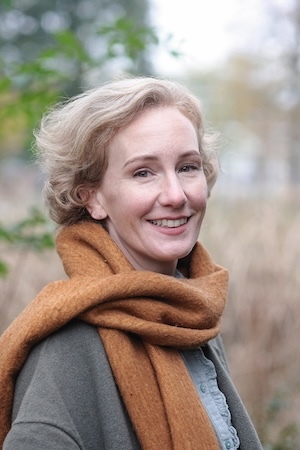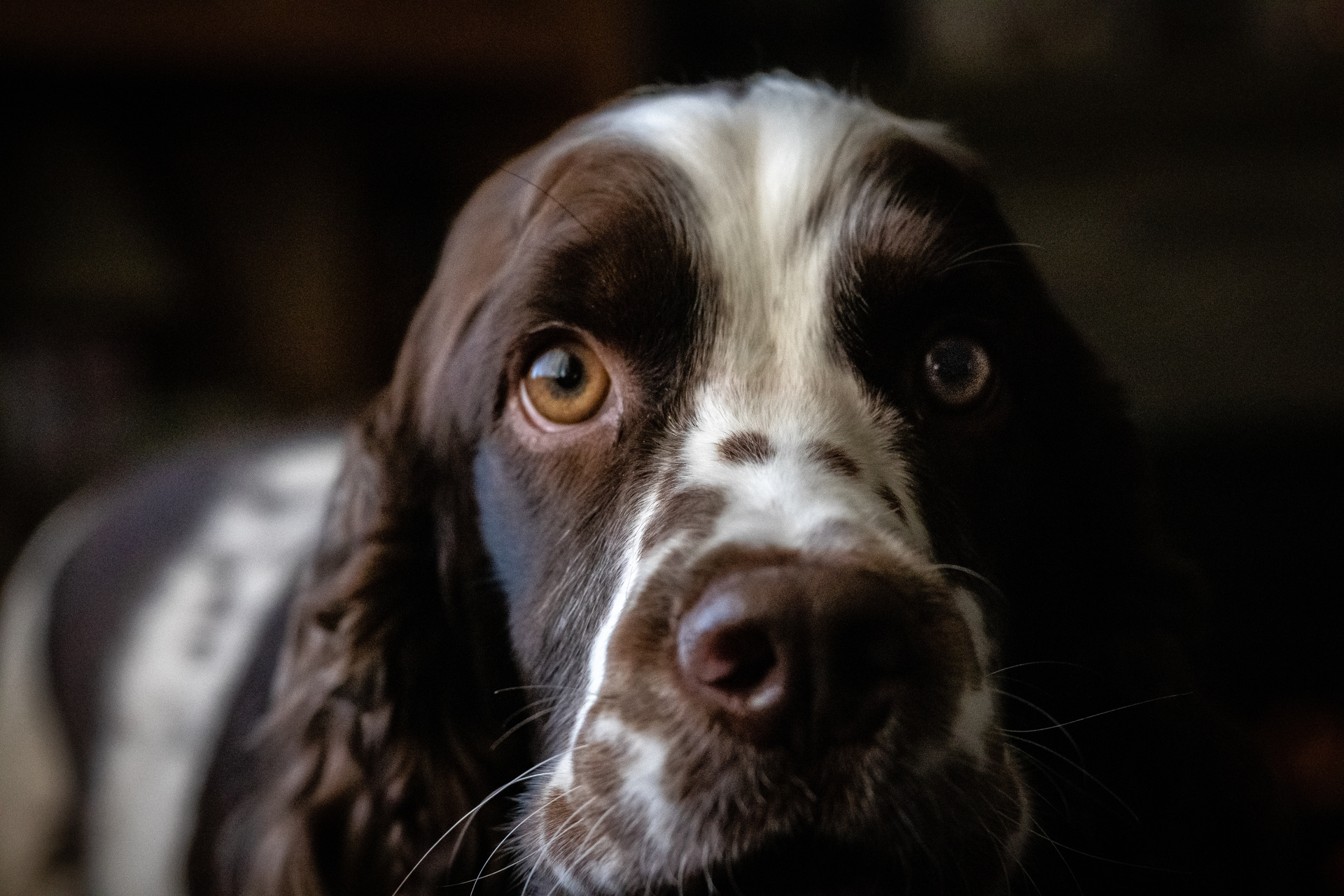
Lanugo by Lauren Collett

It’s maddeningly difficult to balance several different characters in one small piece, especially if they’re all the same gender, yet Collett succeeds so adroitly. She builds the lurking dread from inception: from the compensatory polite clucking about a tragic family event, to the lead’s relationships with her other daughters and the subtle shifts in her marriage. - Leone Ross
How I did it
The story is in first person, but it isn’t autobiographical – there’s no-one with an eating disorder in my family. But the theme about letting go of your children, allowing them the freedom to make their own decisions, the difficulty and pain involved in doing that, is something I think about – my eldest child is 15.

I was discussing this with some friends who also have teenage children, while we were walking on a beach in Norfolk a few years ago. We passed a seal colony, and I was taken aback by how many dead and dying seal pups there were – at all stages of decomposition, from fresh to completely disintegrated and sinking into the sand. They seemed so sad and symbolic somehow; I started taking pictures of them. I knew I was going to write about them. The story took around two months to write – I get up really early and write for a few hours every Saturday and Sunday when the family is asleep. The main change was cutting back the introduction; my first drafts always start too slowly. I entered it for a few things and re-edited it each time it was rejected.
Iris is still so real to me. Part of me still hopes that Lucy will ask to see her, like Iris was willing the dead seal to be alive in the story. But I can understand Lucy’s decision; it would be so intense to see a mother like Iris, like looking into the sun. I left the ending ambiguous because I wanted the reader to have the same feeling I did, of not knowing what Graham is going to say, of sharing Iris’s longing for good news and her fearing the worst. I wanted Iris to stay in the reader’s mind.
I always try to do that with a story: bring it to an end that is also a kind of beginning. That’s why I decided to bracket the story within the time Iris is volunteering at the seal sanctuary, and end it with her deciding to leave.
LAUREN COLLETT chronicled her move to Amsterdam seven years ago, with her husband and three children, in her blog Amsterfam, which was a Mumsnet ‘blog of the week’. She has a masters in Gender and Sexuality in the Cinema, and writes six stories a year to deadlines set with fellow Manchester Fiction Prize shortlistee Louise Finnegan @laurencollettwrites
The Finalists
- Kim Moore for 'little fish'
- Phoebe Hamilton-Jones for 'Small Holding'
- Susan Yardley for 'The shape of her name'
The Shortlist
- April Doyle for 'Inked'
- Rosanna Hildyard for 'Thinking of you'
- October Arnhem for 'Beneath the rose, the thron'
- Meredith Ellington for 'Cuffing season'
- Robyn Perros for 'The other boxe of smokes'
- Nell Sparrow for 'The warm dark'
- Meryl Pugh for 'Weeds'
- Zainab Sillah for 'The body is TEA in another dimension'
Read all our winning short stories (alongside the winning and shortlisted flash fictions) in our Best Women's Short Fiction Anthology 2024.
Meet the winners of all competitions



